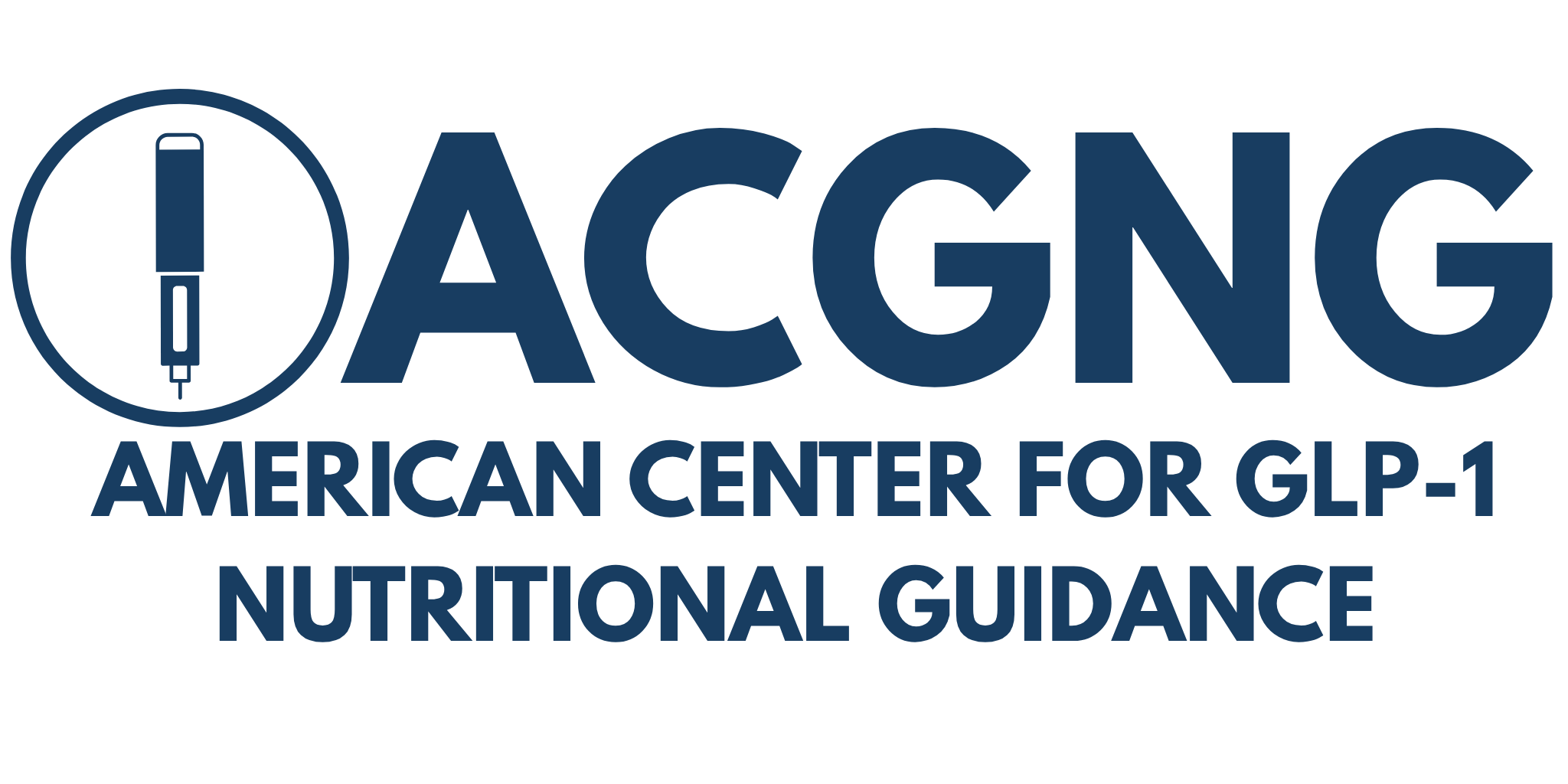Why Family Involvement Matters
Children and adolescents rely heavily on their families for emotional support, food environment, physical activity opportunities, and adherence to medical treatment. Studies consistently show that family-based approaches enhance the success of pediatric obesity and diabetes interventions, including those involving GLP-1 medications.
Ways Families Can Support GLP-1 Therapy
- Shared Goals: Establish household goals for healthy eating, physical activity, and screen time reduction.
- Meal Planning: Involve the child in grocery shopping, cooking, and learning about nutrition.
- Consistent Routines: Set regular meal and activity times to create predictability and structure.
- Positive Reinforcement: Encourage progress without shaming setbacks. Praise effort over outcome.
- Medication Adherence: Help track doses and follow titration schedules. Watch for side effects together.
Creating a Supportive Home Environment
- Limit availability of sugary drinks and ultra-processed snacks.
- Designate screen-free zones or family activity times (e.g., after dinner walks).
- Prioritize family meals and involve everyone in choosing balanced dishes.
- Promote restful sleep with consistent bedtime routines.
When to Involve Other Professionals
Family support can be further strengthened with help from professionals:
- Registered Dietitian: For individualized nutrition plans.
- Pediatric Psychologist: For behavioral modification, motivation, and emotional support.
- Exercise Specialist: For fun, age-appropriate activity plans.
- School Nurse/Staff: To coordinate care and provide encouragement during the school day.
Family Success Stories
Families that work together often see improved health across multiple generations. When parents model healthy behaviors and collaborate with their child’s care plan, the odds of long-term success increase dramatically.
References
- Epstein LH et al. “Family-Based Behavior Modification in Childhood Obesity.” Pediatrics. 2020.
- Daniels SR et al. “Integrating Family Support into Pediatric Obesity Treatment.” Clinical Obesity. 2022.
- Academy of Nutrition and Dietetics. “Family Meals and Childhood Health.” Updated 2023.
- CDC. “Childhood Obesity and Parental Engagement.” 2024.
